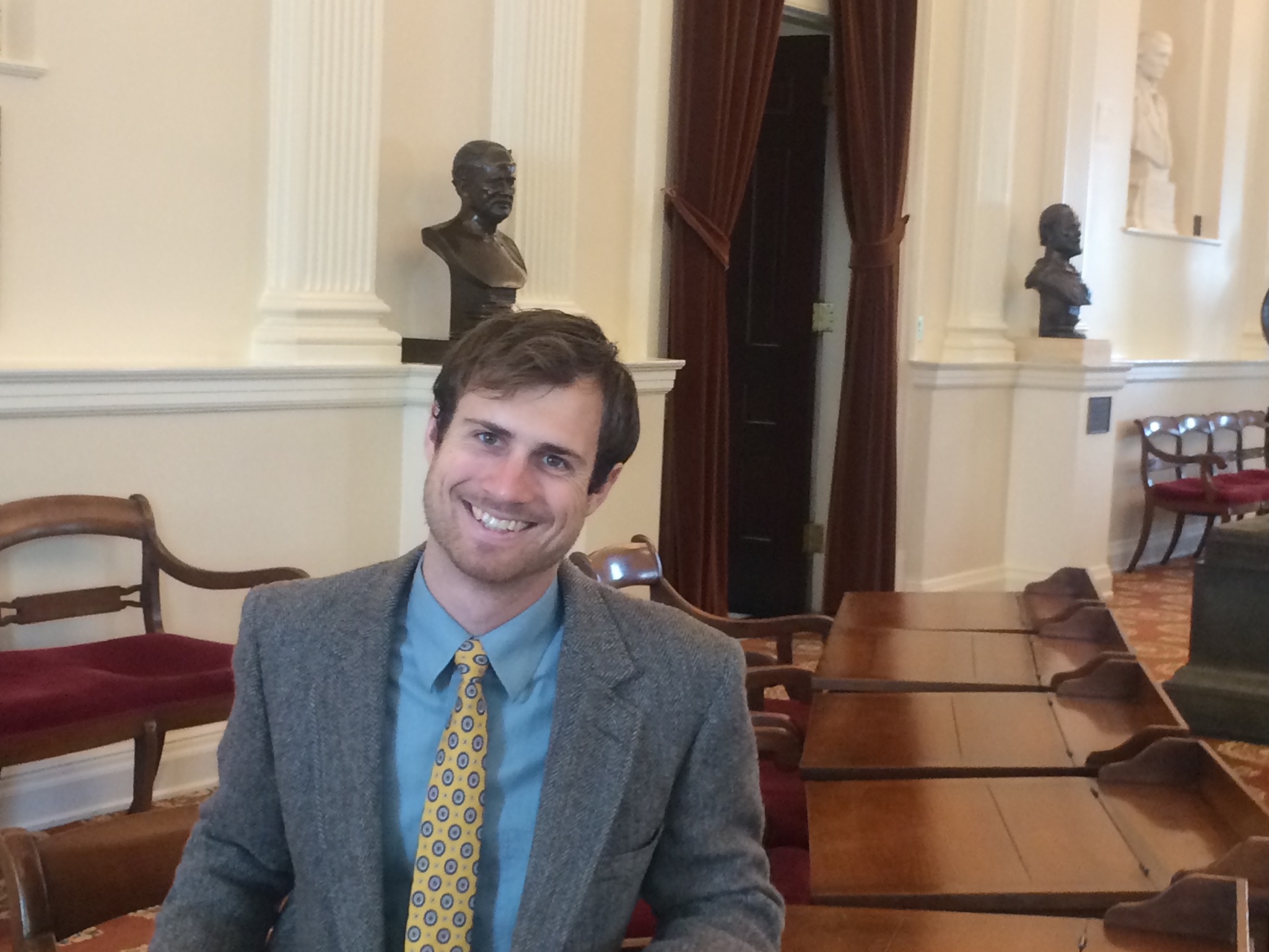By Kevin Mauer, Associate Director
The TSA agent who ushered me through security was a middle-aged woman, remarkably loquacious for 5:00 a.m. She was quick to note the lobbyist ID poking out of my wallet and asked whom I lobbied for.
I was proud to answer, “The Virginia Catholic Conference.”
“You ain’t the ones against pap smears and mammograms, are you?” she goaded.
“No ma’am, we support women’s healthcare.”
“Oh, just choice.” She had me, she thought, no matter how tired her rhetoric or vapid her arguments. My ability to catch my flight rested in her hands. “You want to make healthcare decisions for women.” And she left, self-satisfied, but leaving me desiring the true dialogue that such weighty conversation topics warrant.
This happened on Wednesday morning of the Sixth Week of Easter while I was en route to Atlanta to attend the annual convening of the Catholic Legal Immigration Network Inc. (CLINIC), where I would represent the Conference on a Friday panel. At the plenary panel that evening, labor organizer D. Taylor brought the morning’s experience home for me. “We need to talk to people who disagree with us,” he stressed. How appropriate, on the same day our Supreme Pontiff (from the Latin for “bridge-builder”) engaged in dialogue with our nation’s president, with whom he has had certain very public disagreements (with some less-public agreements as well, of course).
We need to talk to people who disagree with us about the right to life as well as people who disagree with us about the right to migrate. Ideally, this happens in the context of bridge-building dialogue, not during an exchange of one-line zingers at airport security.
Bridge-building dialogue is inscribed in the very mission of the Catholic Church — Catholic meaning whole, lacking nothing. In our Church, all dialogue is had, all stories told, all stones turned. Dialogue is how we foster the Catholic virtue called solidarity—
…dialogue, for example, about the numberless stories like that of Maribel Trujillo Diaz, a mother of four U.S. citizen children (including a three-year-old with special needs) who had lived in Ohio for 15 years and was a lector at her parish. Maribel was suddenly deported last month without the chance to say goodbye to her family. As Catholics, we know that the rights of the family unit are sacred and more fundamental than the policies of any government.
…dialogue about the life of the Catholic Church in the U.S., for the sake of which, in the words of Bishop McElroy of San Diego, “it is unthinkable that we will stand by while more than ten percent of our flock is ripped from our midst…”
…and dialogue also about the history of this Church and this nation, which has always been a patchwork of marginalized immigrant communities made up of individuals with or without legal status, distinguished by their language and culture but united by their love of God, family, hard work, and the American dream.
As we close the Easter season, it is a good time to remind the whole Church what Don Kerwin of the Center for Migration Studies reminded his panel’s audience on Ascension Day: “Easter is the ultimate amnesty.” Easter means restoration for all of us: we sinners, we sheep without a shepherd, we strangers with irregular status. As an Easter people, we need to engage in bridge-building dialogue about why people migrate and what they contribute.
Easter people look forward.

Kevin Mauer is an associate director of the Virginia Catholic Conference